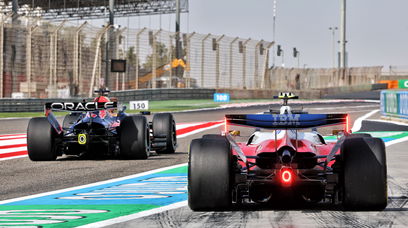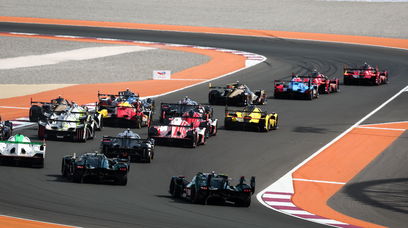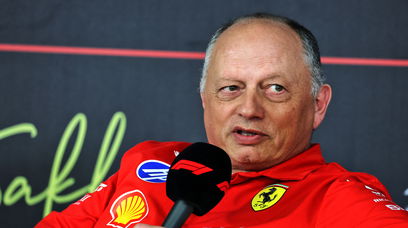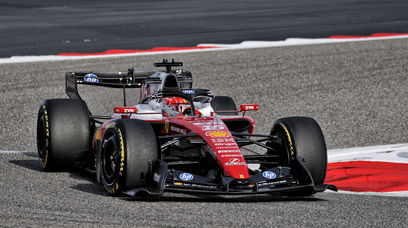The introduction of the cost cap to Formula 1 was seen as a positive step towards making it more equitable to compete for teams. Formula 1 has had a long-held desire to address the increasing costs associated with the sport, following the collapse of three new teams that joined the grid in 2010. While the new era in F1 has seen a similar order with Ferrari, Red Bull and Mercedes occupying the top three, McLaren Chief Executive Officer Zak Brown believes the cost cap will gradually come into effect to enable more midfield teams to challenge for championships. "I think [we will see the gap close] probably another two years. Even though we're all kind of on the same money now in terms of spend," he said in an interview with McLaren. "Some teams have bigger infrastructures, we're still waiting for our wind tunnel which will be done here shortly and new simulation. "So even though everyone's kind of on an equal playing field, or most teams from an annual expenditure standpoint, a handful the teams have come in with a better technology infrastructure which we're catching up on." McLaren is currently 18 months behind schedule on its development programme, mostly owing to the delays that have stemmed from the Coronavirus pandemic . Fellow team boss Christian Horner also expects the performance gaps to change as early as 2023 .
Brown: In a couple of years time F1 will be an awesome competition
Brown believes the days of F1 coming towards the end of a homologation cycle and becoming more competitive could be over with the cost cap. Instead of one team having an outright advantage towards the end and everyone else catching up, the cost cap should enable teams to catch up - especially as the midfield entities have more of a say on sporting and technical regulations. He added: "Anytime you have a new regulation that came out like it did, someone gets it right and someone gets it wrong. "Then what ends up happening is everyone sees who got it right, and they gravitate towards what they've seen and what works from an aerodynamic point of view." The case in point is the 2012 F1 season, which saw seven different winners in the first seven races. This was one of the years before the big regulation change to hybrid power units in 2014. Brown explained: "If you look at F1 historically, I think I might get my year wrong, but it was maybe 2012 which was the end of a regulation [cycle] where you had a lot of different winners that year. "So I think as these regulations stabilise, people will catch up. I think in a couple of years time it's going to be an awesome competition."
Most read







